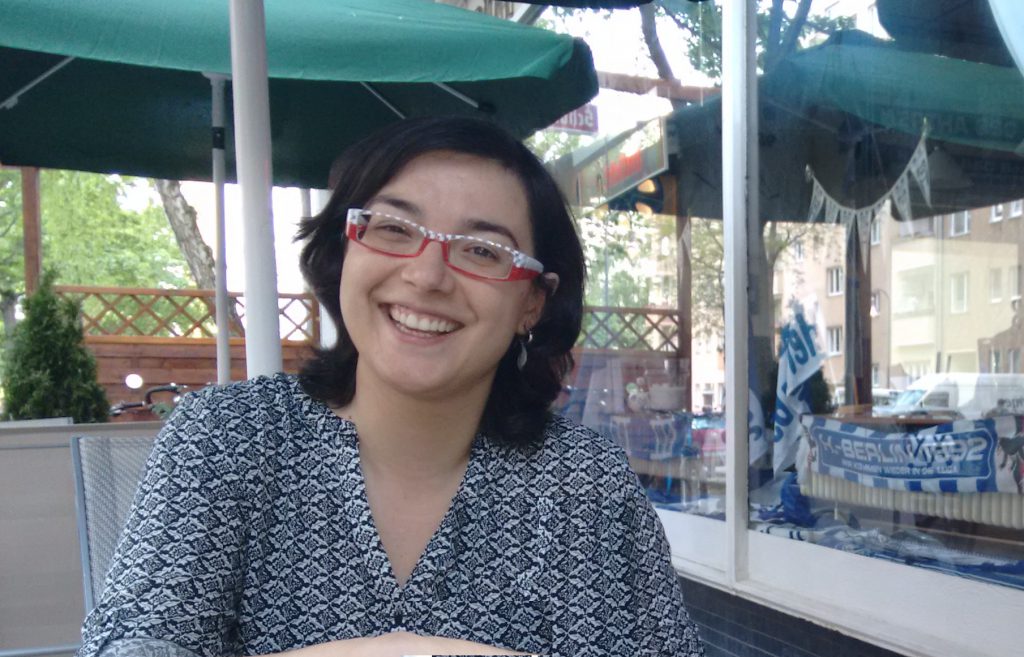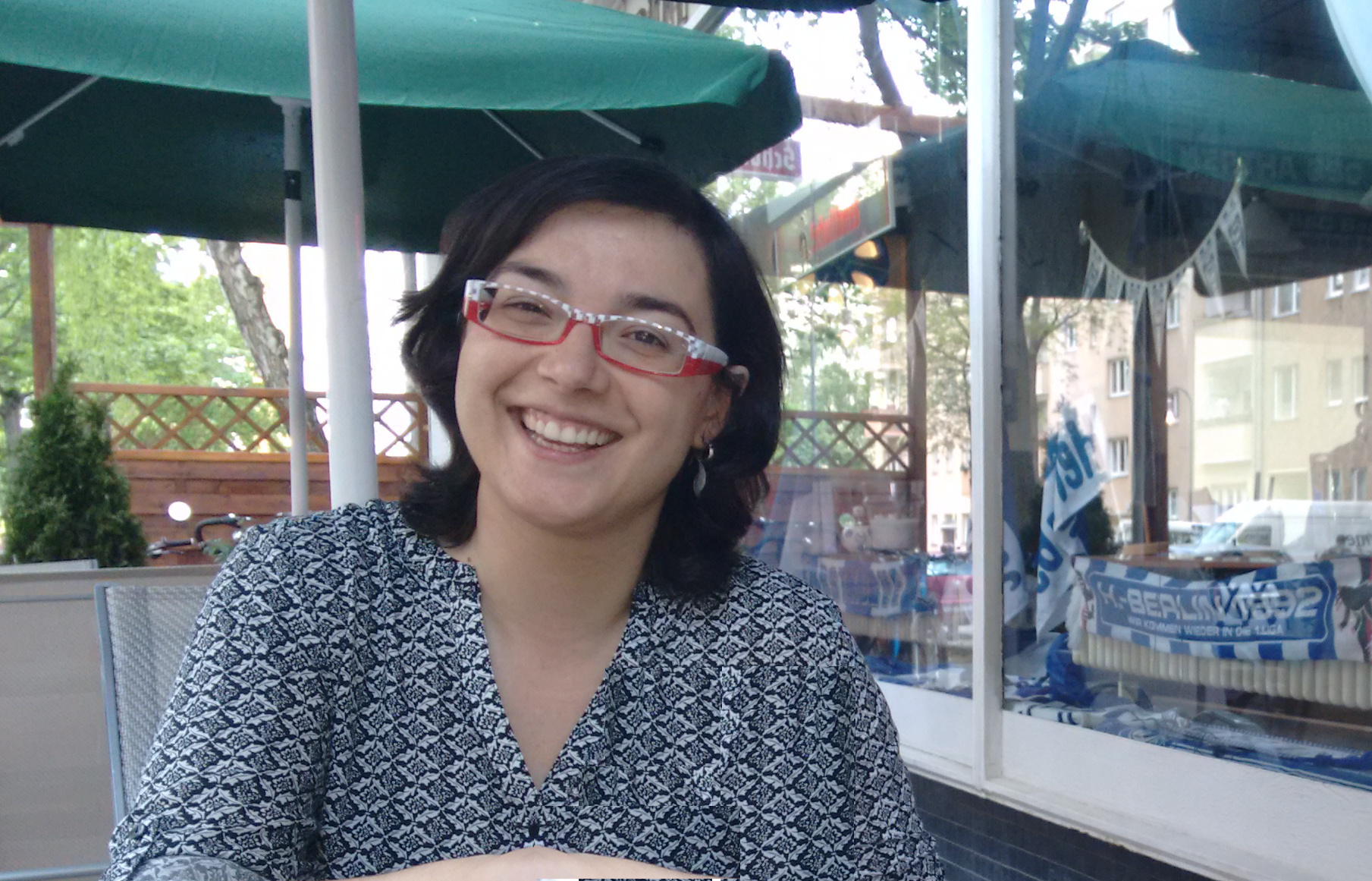30/06/2016
Sandra Plademunt: “Going outside your comfort zone makes you grow both as a professional and an individual”
Interview to Sandra Plademunt, who is working at the CRAI Campus Catalunya and was awarded a mobility grant in the framework of the Erasmus+ Staff Mobility programme (STT). She visited the Technische Universität Berlin in Germany

Interview to Sandra Plademunt, who is working at the CRAI Campus Catalunya and was awarded a mobility grant in the framework of the Erasmus+ Staff Mobility programme (STT). She visited the Technische Universität Berlin in Germany
-
Why did you want to participate in this mobility visit? Why did you choose this university?
I had been looking into the Erasmus Staff grants for some time because I have colleagues in the Learning and Research Resource Centre (CRAI) who have done mobility visits to other countries (Erasmus, Stella, etc.) and I was interested in the idea. Everyone who had been abroad had spoken very highly of the experience. This year I finally applied and was lucky enough to be awarded a grant.
I chose the Technische Universität of Berlin for three reasons: first, because I knew that it had an agreement with the URV; second, because I found some interesting information on its library’s website regarding training programmes at the library; and third, because I am currently studying German and this gave me the chance to practice the language.
-
How was the experience? What have you learnt during your visit?
To be honest the experience was highly positive, although intense as well. On the basis of my stated preferences, the library organised an exhaustive series of meetings and presentations to give me an in-depth introduction to the two libraries that I visited (both the Wirtschaft und Management Bibliothek and the Universitäts Bibliothek).
I was invited to ask any questions that I might have and they gave lots of information on each point. They even allowed me access to all of their internal documentation, as if I was a full member of staff.

-
What opportunities did you have during the visit?
In addition to learning about services, interesting training programmes and different working processes and being able to share these with colleagues at the CRAI, I also had the opportunity to give a short presentation on the URV’s CRAI during the library’s staff meeting, which I was invited to attend. It was a way of exchanging information between the two institutions and they found it very interesting.
-
How do you think that your visit will benefit your department and the rest of the university?
After the visit, I wrote a report on best practices which is available to all staff at the CRAI. I used the report to share everything that I had thought was of interest during the meetings and I put together a series of interesting and different ideas about the library that could be of use to the CRAI.
Regarding the university, these types of visit helps other universities to learn about the URV. While I was giving my presentation on the CRAI, the staff were very interested in learning more about our university.
-
How did you find out about the mobility grants?
I found out that I could apply for a mobility grant after receiving an email about the programme from the I-Center.
-
Would you recommend this experience to your colleagues?
Absolutely! It is always interesting to learn about how people in other places and cultures go about working in the same area as you. Going outside your comfort zone makes you grow both as a professional and an individual.
-
Can you give us any interesting anecdotes from your mobility visit?
I have many anecdotes, of course, but one of the things that most surprised me was the language question. Although the library was aware that I didn’t have a particularly high command of German (level B1), they never once asked me if I wanted them to speak to me in English, which was perfect for me to practice my German but also required a really high level of concentration on my part!
I only met one person who didn’t know that I spoke a little German and she had created a document in English of what she had to explain to me. When I entered the room I greeted her in German and she said, “Ah, so you speak German?” and quickly closed the document in English!
